As part of the Donations After Disasters initiative, the DRI Foundation awarded $5000 to the Mennonite Central Committee (MCC), an organization providing relief efforts following the 2015 Nepal earthquake. We spoke with MCC to learn how their work has helped the region.
DRIF: How long has MCC been working in Nepal?
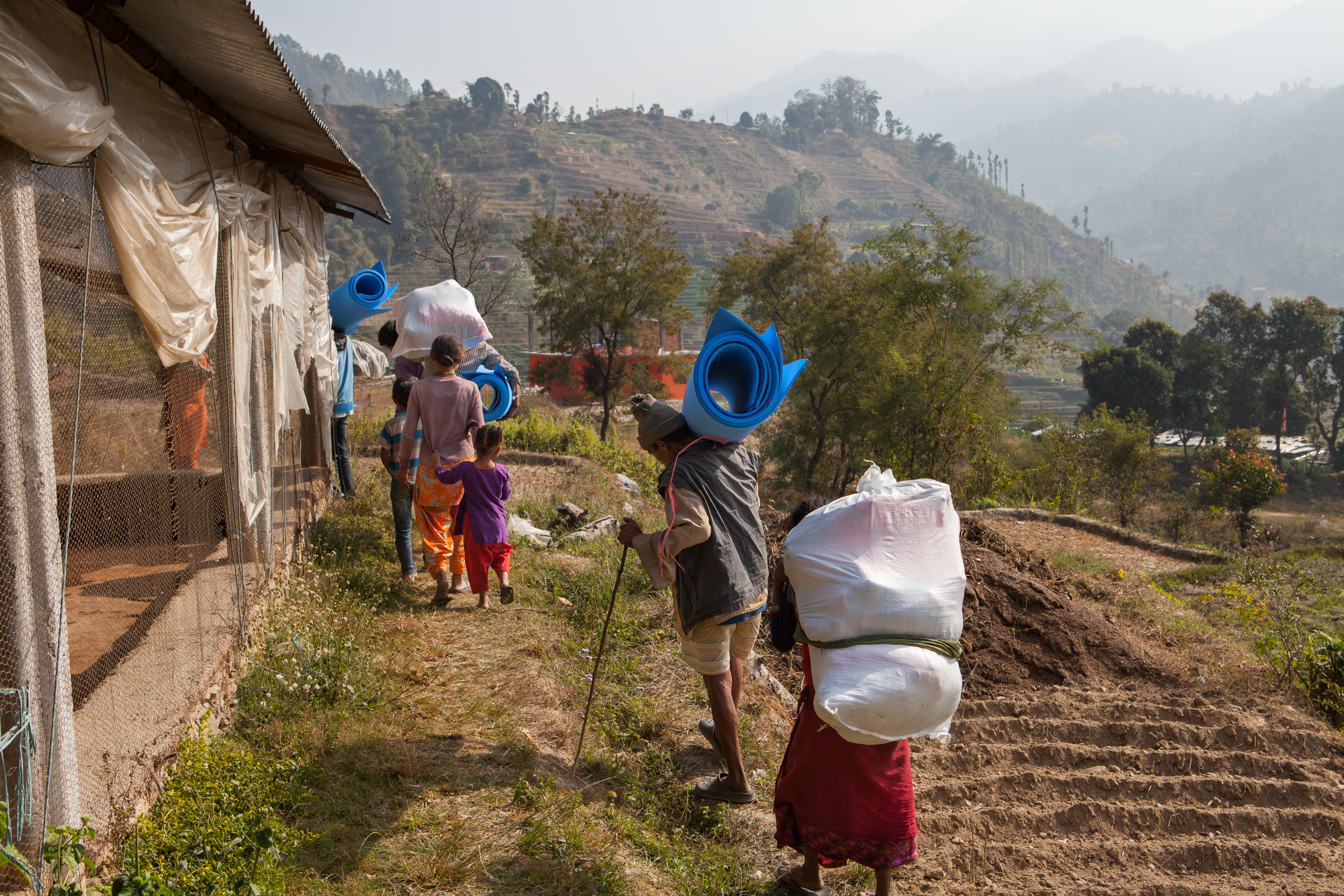 MCC: MCC has been working in Nepal since the 1950s originally under the umbrella of United Mission to Nepal. Originally the Nepal program started with volunteers from Canada and the U
MCC: MCC has been working in Nepal since the 1950s originally under the umbrella of United Mission to Nepal. Originally the Nepal program started with volunteers from Canada and the U
DRIF: Could you discuss your recent mission in Nepal?
MCC: MCC’s ongoing programming in Nepal includes addressing food security and nutrition needs in rural communities, supporting a local mental health services, providing education support to two schools through MCC’s Global Family, and providing humanitarian relief and reconstruction support following the two earthquakes in April and May of 2015.
MCC’s earthquake response has included the initial provision of relief supplies including food and temporary housing materials; a current winterization program of providing warm blankets, mattresses, clothing and tarps to improve the living conditions of families living in temporary shelter during the winter months; and working with local partners to finalize plans for rebuilding homes using earthquake resistant materials and design, as well as rebuilding rural livelihoods through improved agricultural techniques and irrigation rehabilitation support.
DRIF: How did the MCC use the grant money? What community benefited? How many people? What was accomplished?
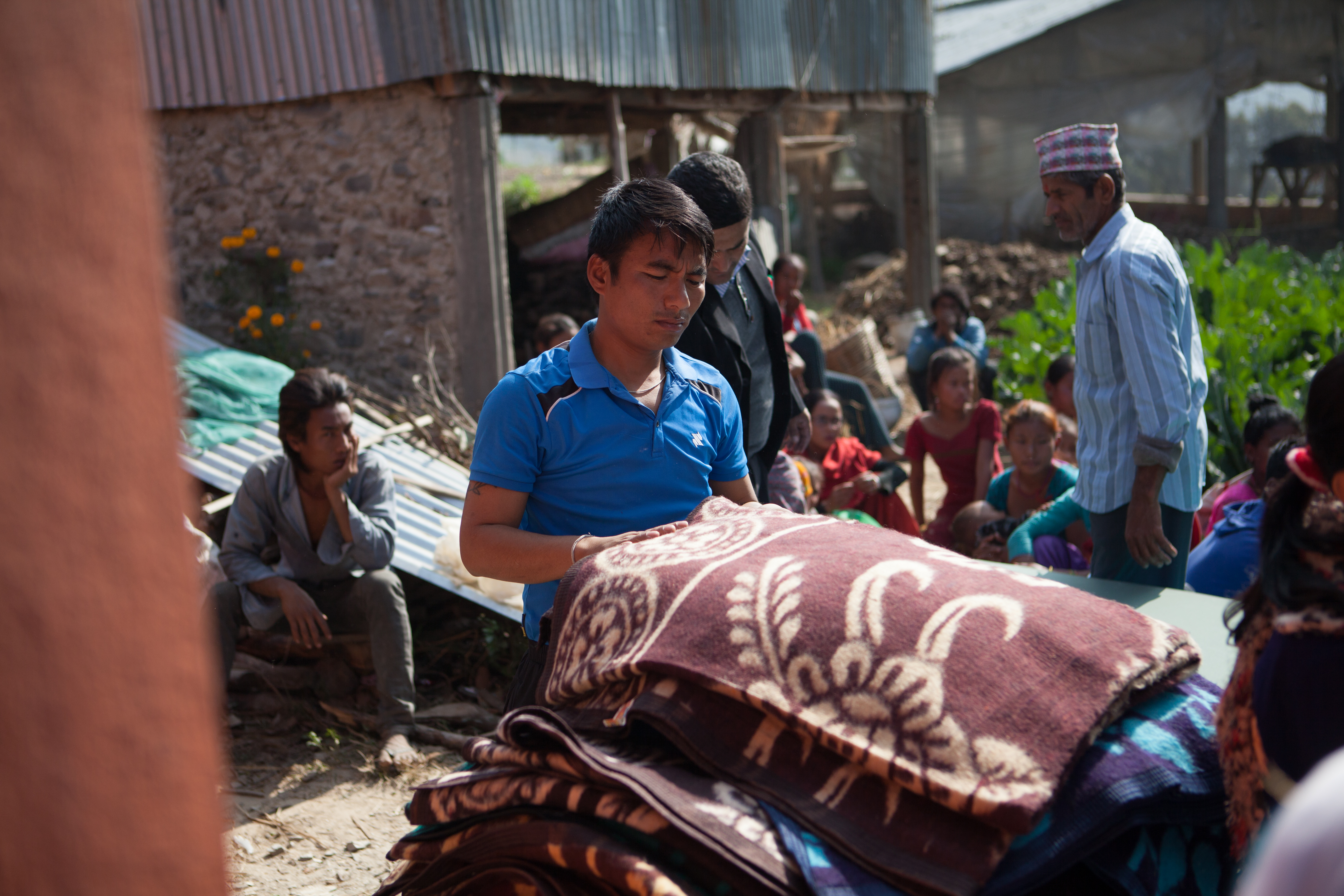
MCC: With regards to DRI’s grant of $5,000, MCC and a partner organization provided emergency shelter materials to 459 families. $5000 was able to provide metal sheeting and other shelter materials to 41 families ($121 per family).
MCC has received $3 million USD in donations directed its Nepal earthquake response (as of Nov 19, 2015). To date, MCC has approved and programmed $314,103 USD.
Six projects have been completed with three partners, totaling over $221,000 USD. These projects have provided initial emergency food assistance, essential non-food items and temporary shelter to approximately 3,071 families.
MCC has several ongoing projects in response to the Nepal earthquake:
- MCC has programmed $52,215 with 3 local partners in Nepal to provide winterization items, including blankets, mattresses, winter jackets, floor coverings and tarps, to 874 earthquake-affected families living in temporary shelter.
- MCC partner, KOSHISH will establish a midway house to care for 240 marginalized people with mental illness and to provide psychosocial education to family and community members of people living with mental illness (around 600 people).
- MCC and partner organization, Shanti Nepal, are distributing monetary assistance to 265 families for the purchase of temporary shelter materials and labour in Dhading.
- 67 families in Surkhet are receiving hazard resistant shelter training and materials through MCC’s partner, Sansthagat Bikas Sanjal.
MCC is currently working with partners to develop recovery plans over the next three
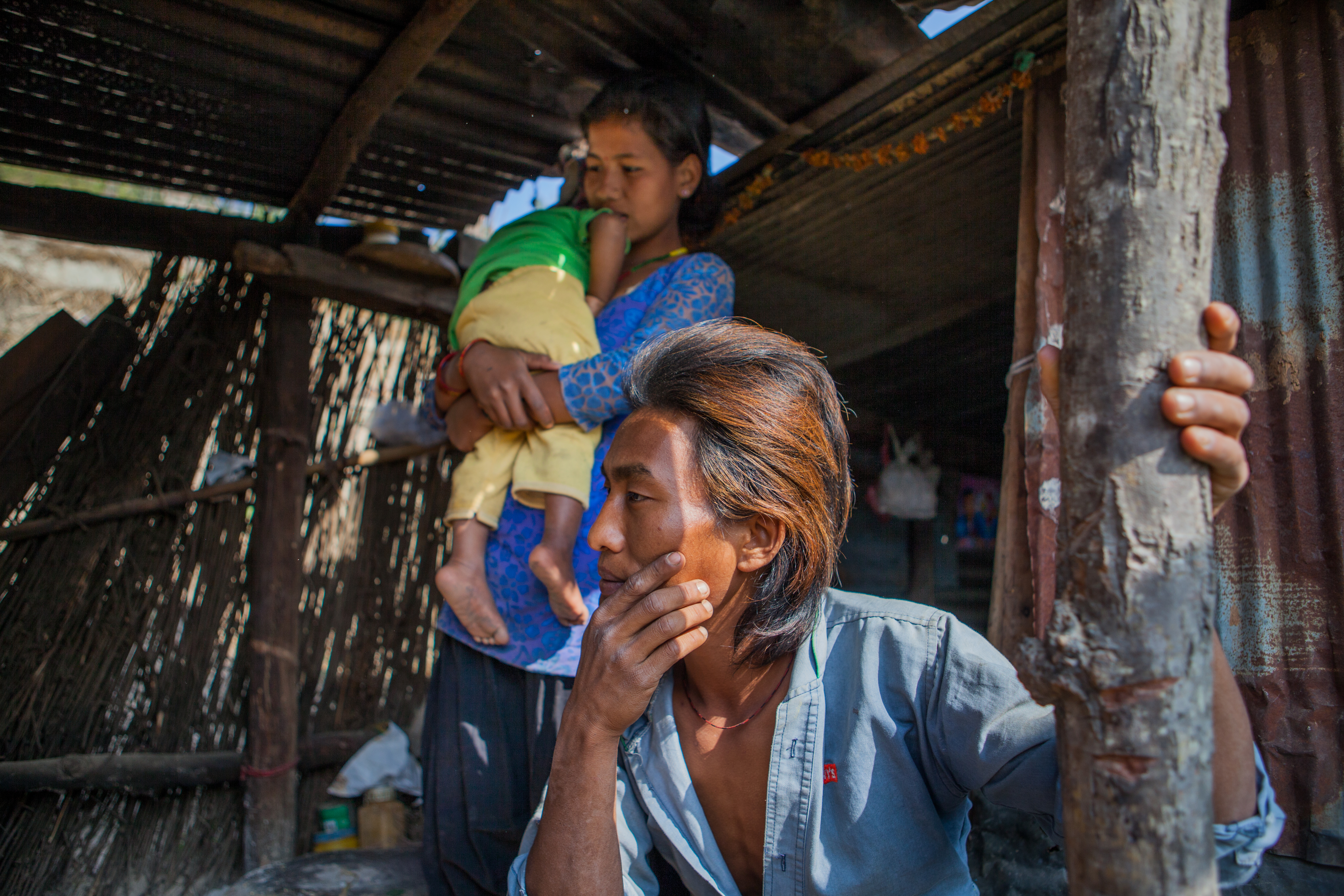
years following assessments in the affected districts. All reconstruction activities require the approval of the local Chief District Officer and the national Social Welfare Council. These activities will include training in earthquake resistant housing reconstruction, psychosocial support, provision of water and sanitation facilities, livelihood recovery and food security, and disaster preparedness training. We anticipate that reconstruction projects will start in spring 2016.
- Including the previously implemented relief projects and the current plans for reconstruction, MCC has allocated $2.47 million USD. Projects in the planning and approval stages include:
- MCC is finalizing a project with KOSHISH to establish a midway house to care for 240 marginalized people with mental illness and to provide psychosocial education to family and community members of people living with mental illness (around 600 people).
- Four new reconstruction projects are in the planning stages in Dhading, Ramechhap, Okhaldhunga, and Lalitpur districts. These projects will include training of local masons and carpenters in earthquake-resistant housing construction. The Nepal government will be supplying affected families with cash to purchase housing materials while MCC and partners will provide training on hazard-resistant construction using government approved building designs availablehere. In addition, these projects will support the restoration of livelihoods including support for animal husbandry and agricultural training. Water points will also be restored and latrines constructed in order to enhance access to potable water and sanitation.
DRIF: How will this project help build resilience in the affected communities? Or How does MCC involve the local community in the relief process?
MCC: MCC’s focus on sustainable livelihoods and disaster mitigation will build the capacity of local communities to ensure their own food security and safety through training, access to disaster preparedness knowledge resources, and connecting communities with government agencies to access official support programming.
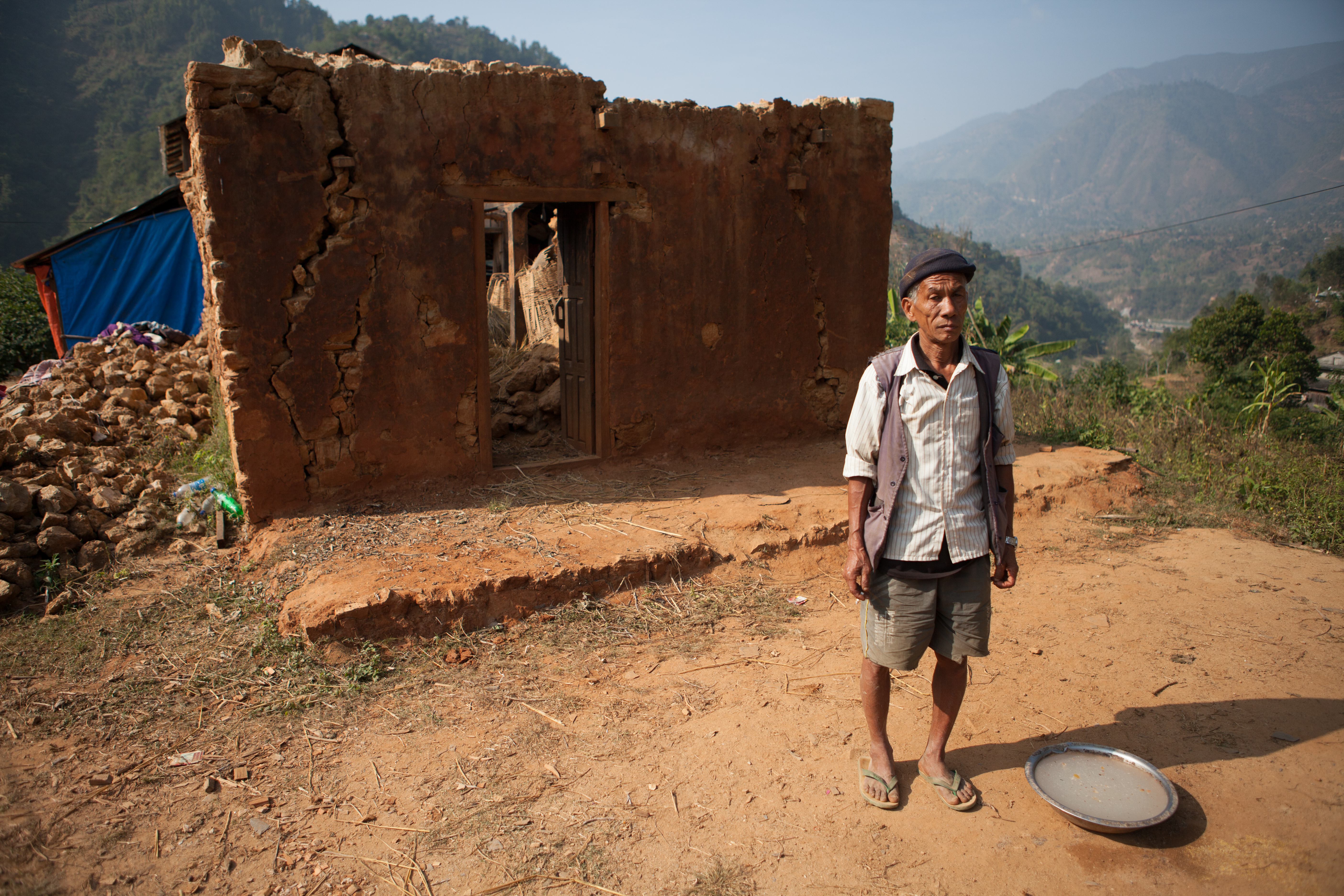
MCC works with local community based organizations in coordination with local governments to ensure that needs are clearly identified and the most vulnerable households are selected to participate in MCC programming. Throughout the earthquake response process MCC has worked with the communities and government agencies to identify households that have experienced damage to their homes and livelihoods and are in need of assistance.
DRIF: Why is promoting a culture of resilience important to the MCC community?
MCC: Reducing disaster risk through mitigation and preparedness is a strategic direction for MCC. Resources are invested in mitigation including hazard-resistant construction, seasonal safety nets and livelihood diversification reduce human and economic losses in disaster situations. Preparedness work with MCC partners has improved the timeliness and effectiveness of humanitarian assistance. Strategies which promote resilience reduce vulnerability to disaster and also address the key driver of chronic poverty.
DRIF: What’s one thing most people don’t understand about the role of disaster relief and preparedness?
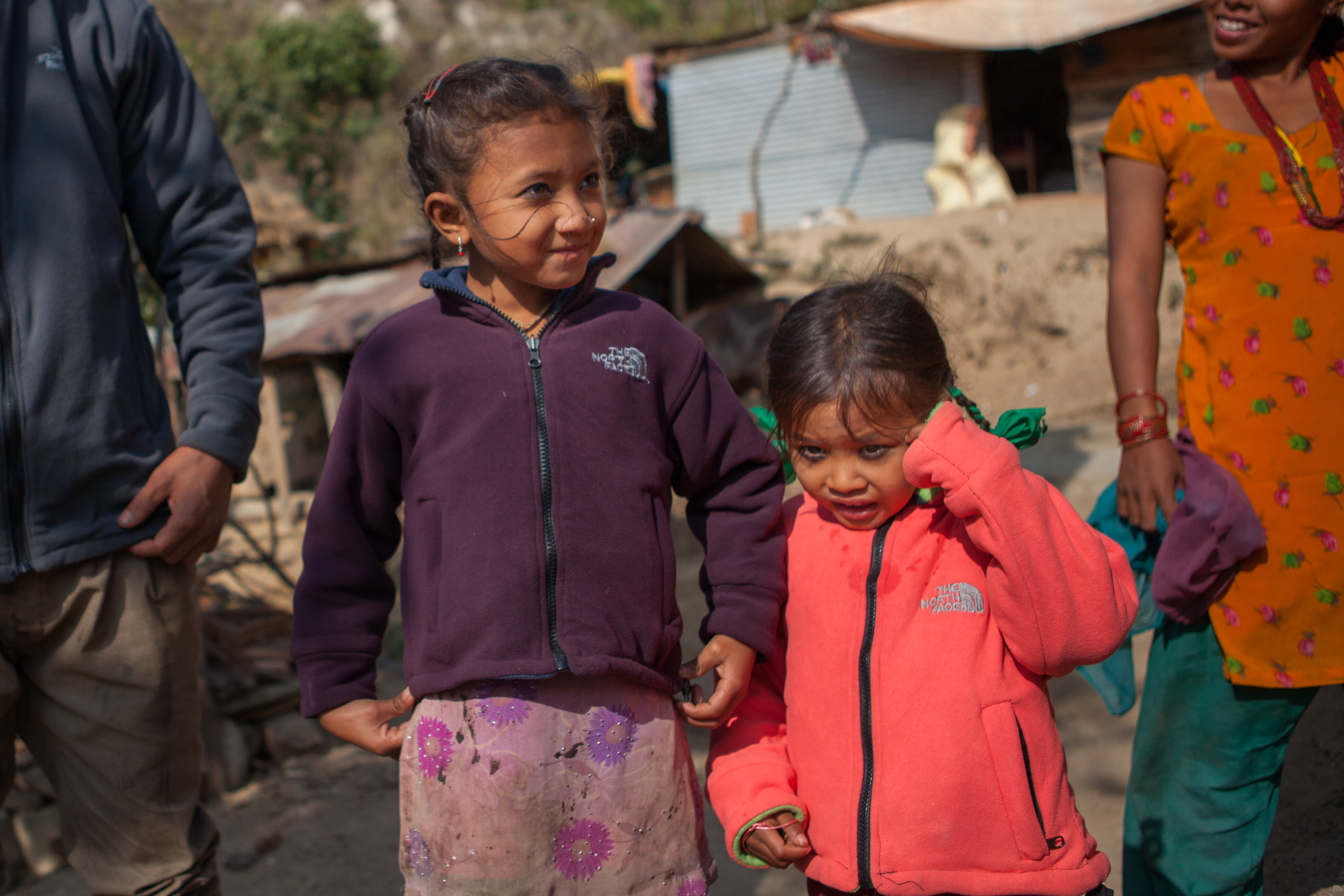
MCC: People often do not understand that disasters include a human element. While we cannot mitigate against hazards we can mitigate the vulnerability which cause disaster through assisting community’s ability to cope and reducing exposure to hazards.
DRIF: How can business continuity/disaster preparedness professionals promote resilience in their communities?
MCC: Community organizing and mobilization is key to disaster preparedness. Through the formation of social groups and public education about disaster preparedness, we can ensure that the most vulnerable will be assisted in emergencies.
















